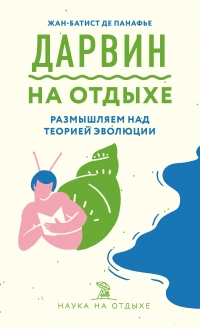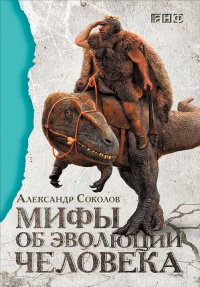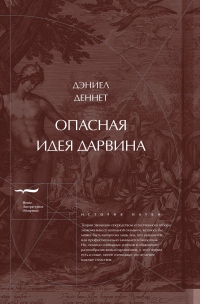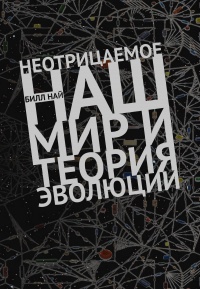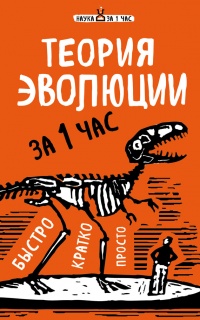Книга Остались одни. Единственный вид людей на земле - Крис Стрингер
На нашем литературном портале можно бесплатно читать книгу Остались одни. Единственный вид людей на земле - Крис Стрингер полная версия. Жанр: Книги / Домашняя. Онлайн библиотека дает возможность прочитать весь текст произведения на мобильном телефоне или десктопе даже без регистрации и СМС подтверждения на нашем сайте онлайн книг knizki.com.
Шрифт:
-
+
Интервал:
-
+
Закладка:
Сделать
Перейти на страницу:
Перейти на страницу:
Внимание!
Сайт сохраняет куки вашего браузера. Вы сможете в любой момент сделать закладку и продолжить прочтение книги «Остались одни. Единственный вид людей на земле - Крис Стрингер», после закрытия браузера.
Книги схожие с книгой «Остались одни. Единственный вид людей на земле - Крис Стрингер» от автора - Крис Стрингер:
Комментарии и отзывы (0) к книге "Остались одни. Единственный вид людей на земле - Крис Стрингер"




















